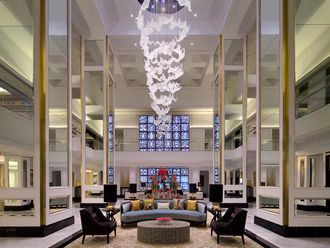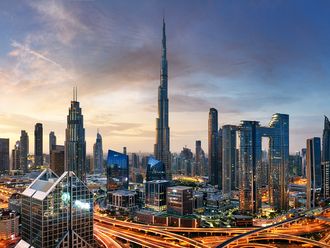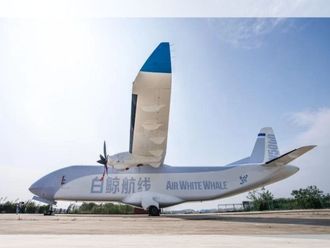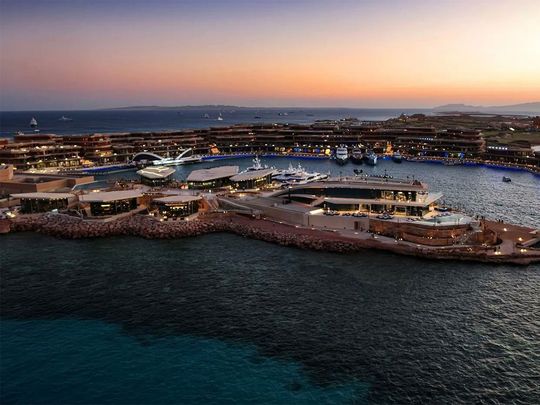
Riyadh, Saudi Arabia: Saudi Arabia's planned futuristic mega-city known as NEOM announced on Sunday the opening of its "first physical showcase": a luxury Red Sea island featuring restaurants, hotels and yachting berths.
The opening of the island, known as Sindalah, comes amid persistent doubts about NEOM's viability and ahead of a major investor forum sometimes referred to as "Davos in the Desert" which will begin in Riyadh on Tuesday.
"NEOM is committed to supporting the Kingdom's new era of luxury tourism, with the opening of Sindalah," chief executive Nadhmi Al Nasr said in a statement.
"NEOM's inaugural destination offers visitors a 'first glimpse' of what the future holds for our extensive portfolio of destinations and developments."
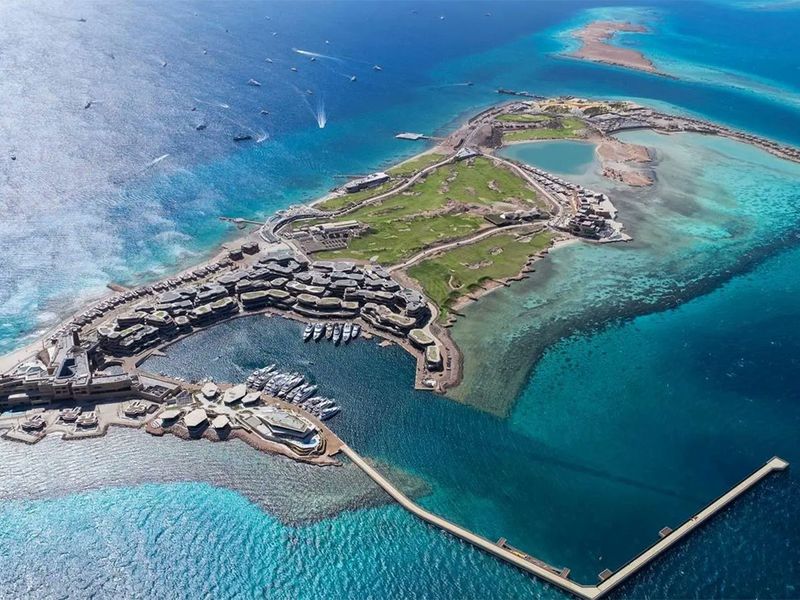
Sindalah is "spread over 840,000 square metres" (200 acres) and will be set to receive "up to 2,400 guests per day by 2028", the statement said.
NEOM is best known for The Line, twin mirror-encased 170-kilometre-long skyscrapers meant to extend inland from the coast.
Unveiling The Line in 2022, Crown Prince Mohammed bin Salman said its population would exceed one million by 2030 before climbing to nine million by 2045.
However, Bloomberg reported earlier this year that under revised projections just 300,000 people would be living in The Line by decade's end, and only 2.4 kilometres of the project would be completed by then.
Work on NEOM is progressing alongside other major development projects launched as part of Vision 2030, Prince Mohammed's bid to position the world's biggest crude exporter for an eventual post-oil future.
Last year the Gulf kingdom emerged as the only bidder to host the 2034 football World Cup, meaning it now has a decade to build the necessary stadiums and boost its lodging and transport capacity.
In December Finance Minister Mohammed al-Jadaan said officials had decided to push the timeframe for some major projects past 2030, without specifying which ones.





